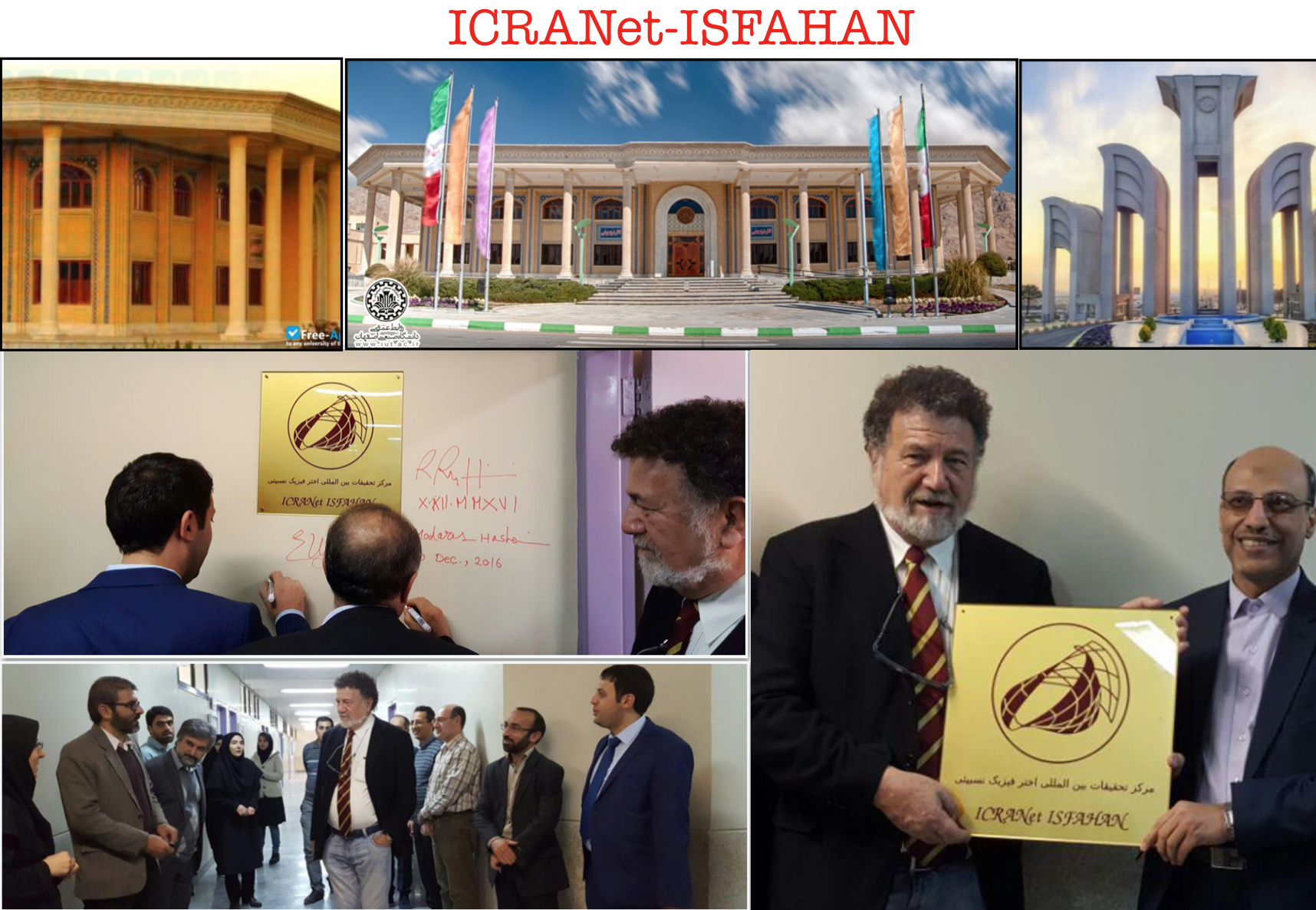
Isfahan, a major city in central Iran, was the splendid capital of the Seljuq and Safavid dynasties whose legacies established Iran (formerly Persia) as the cultural heart of the eastern Islamic world in terms of language (Persian), art, and architecture. The Safavid period (1501-1736) was particularly decisive for shaping the city, whose beauty was so great that world travelers purportedly dubbed it "Half the World". Nowadays Isfahan is considered as one of the most important scientific, Industrial and cultural centers of Iran.
You may have a virtual Isfahan tour through the following links :
https://www.youtube.com/watch?v=E6Qt7RsNMsU
https://www.youtube.com/watch?v=a9FVrJS4MzU
https://www.youtube.com/watch?v=yArOxYldbjU
https://www.youtube.com/watch?v=2dtAWuhYBaU
Isfahan University of Technology (IUT), as one of the leading universities in Iran, is founded in 1974 and started its academic activities in 1977. IUT is one of the pioneers among the National universities and has been ranked among the top Asian Universities in the International University Rankings. IUT has 14 faculties and departments with about 11000 students and 600 academic members and offers four disciplines of engineering, basic sciences, agriculture and Natural resources in all three study level of BSc, MSc and PhD.

